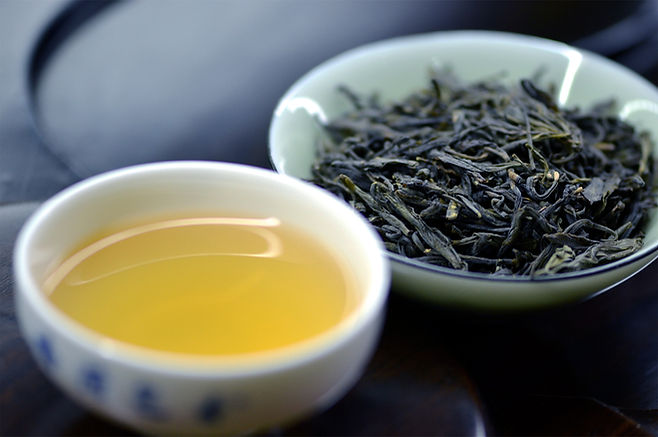
Culture:
Inseparable Culture
How much do you know of Singaporean Hainanese Culture?

Amongst the five major Chinese dialect groups in Singapore, the Hainanese is the smallest. However, they have been actively contributing to the Hainanese cultural heritage in Singapore and it can be found in different parts of Singapore such as Tin Hou Temple and the Kheng Chiu Building, Yan Kit Village Chinese Temple, Purvis Street and the former Hainan Village .

In June 2008, Hainanese Opera was approved by China to be listed in the second batch of The National List of Intangible Cultural Heritage of China, becoming one of the intangible cultural heritage of China.
The Hainanese Opera originated from Jiang Xi's "Yi-Yang tune". In the mid-Ming dynasty, it passed down to Minnan and Chaoshan and eventually spread to Hainan island where it developed into the Hainanese Opera by incorporating local folk tunes. Since its founding and development, the Hainanese Opera has a long history of 350 years. It went through the period of "Minnan Poetic Opera", gradually became more localised and started evolving with the fusion of Hainanese native music, while absorbing folk tunes, 'eight sounds' of music and dance with constant exchanges of Taoist music (Lin Shichen, 2008).

“Dad Tea” Culture refers to a heart-warming scene where groups of “dads” and “moms” gather together to have coffee, bread, and peanuts. They have snacks and chit-chat.
The practice of having “Dad Tea” is very common over Hainan, such as Haikou, Qionghai, Wenchang and so on. This is a unique scene in Hainan, symbolizing leisure and comfort.
Are you familiar with the mentioned scenarios? In fact, a scene as such is also very common in Singapore!
“Daddy Tea”
Culture

Hainan is a province of immigrants. There have been several immigration waves in history and they have had a great impact on the development of the Hainanese dialect.
Historically, When Hainanese immigrated, they chose to live in different places based on their language and origin. They gradually formed a language and dialect both common and individualised. Hainanese of different places speaks Hainanese in different accents.

.png)




